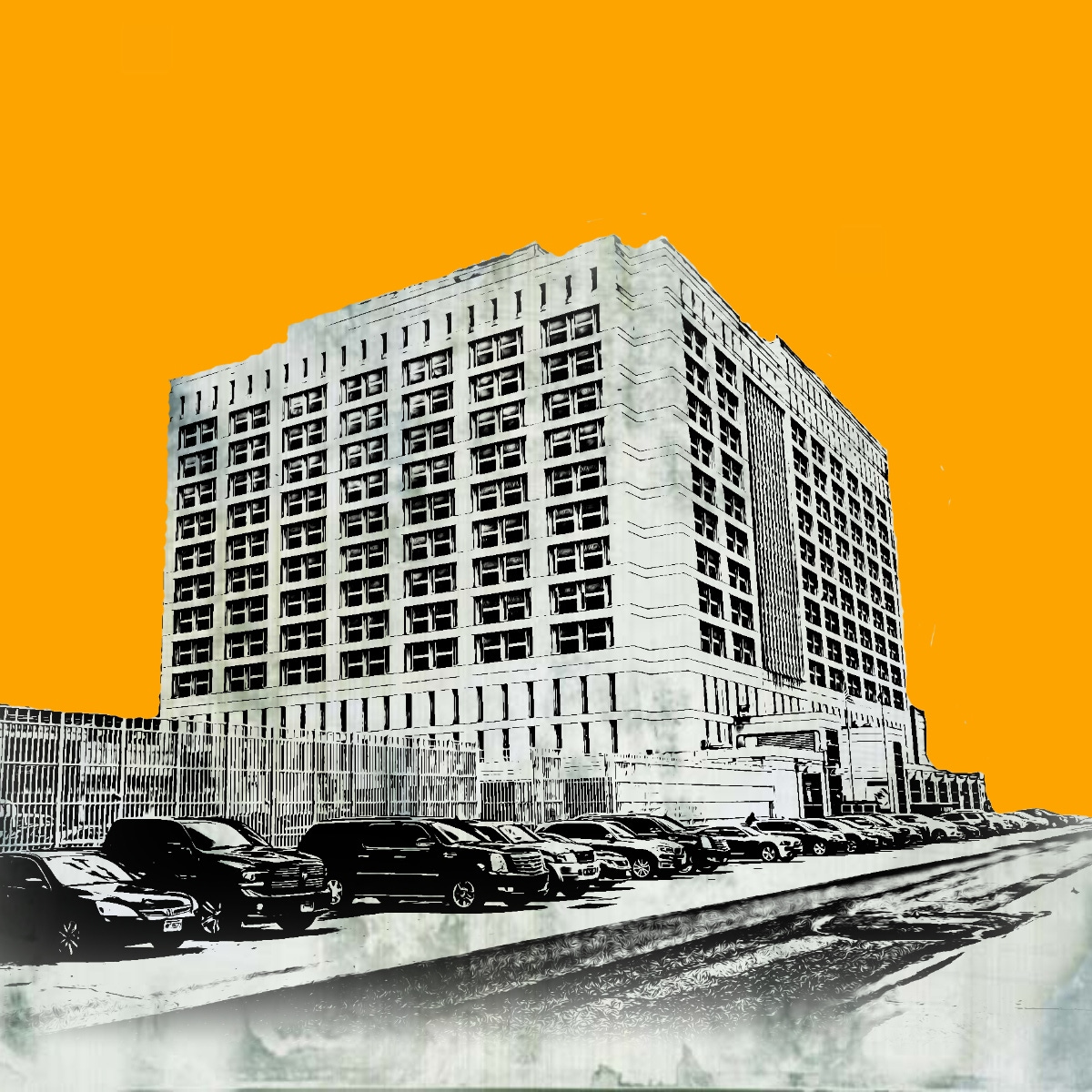The Metropolitan Detention Center stood like a grim fortress near the waterfront in Brooklyn’s Sunset Park. The 10-story cube of brick and stone loomed over neighboring warehouses, administrative buildings and a waste-processing center. Built like a safe, it kept its occupants cut off from society and, for the most part, from sunlight. Its windows were six-inch-wide slits.
On a late afternoon in November 2017, I made my way to this unwelcoming structure. I reached my hand compulsively up to knead the muscles tightening over my sternum, a sign of my panic disorder flaring. This would be my first visit to a prison. I wasn’t sure what to expect.
By now, if you’ve been reading SMIRK, you know who I was there to see: Martin Shkreli, the infamous “Pharma Bro,” who jacked up the price of a toxoplasmosis drug enormously, became the internet’s most hated villain, got convicted of securities fraud and was thrown in federal prison, all within 24 months.
He was also a slim, delicate-looking nerd, and much more emotionally vulnerable in person than any of his online jackassery would suggest. I had come to know that side of him gradually over years of interacting with him first as a journalist and then as a friend. I struggled to imagine him, or any other human being, eating, sleeping and surviving day after day in that sh*thole.












